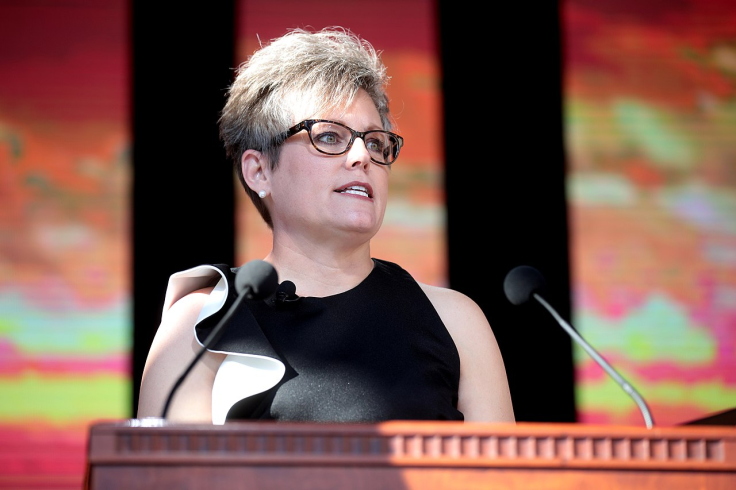On Friday, Arizona's Democratic governor, Katie Hobbs, vetoed House Bill 2735, a Republican-supported measure that aimed to significantly reduce faculty involvement in the governance of the state's public universities. The bill, if passed, would have altered existing laws that currently mandate faculty participation in decision-making processes related to academics and personnel. Governor Hobbs' decision has been welcomed by many in the academic community, who view it as a critical step in preserving the collaborative nature of university governance.

The Bill and Its Implications
House Bill 2735 proposed a shift in the balance of power within Arizona's public universities. Under current law, faculty members are required to "participate in" or "share responsibility for" key decisions related to governance, academic policies, and personnel. The new bill sought to change this to a system where faculty could only "consult with" university leaders, thereby diminishing their influence and formal authority in decision-making processes.
The implications of such a change were significant. By reducing the role of faculty to mere consultants, the bill would have effectively concentrated decision-making power in the hands of university presidents and state regents. This shift could undermine the diversity of perspectives and expertise brought by faculty members, potentially affecting the quality of academic and research affairs. Critics of the bill argued that excluding faculty from meaningful participation in governance would weaken institutional integrity and could lead to decisions that do not fully consider the academic and educational mission of universities.
READ MORE : Arizona Governor Signs Bill Allowing Students To Opt Out Of Funding Certain Student Organizations
Governor Hobbs' Rationale for the Veto
In her succinct veto message, Governor Hobbs emphasized the critical role that faculty play in the governance of academic institutions. She emphasized the vital role that faculty members play in overseeing academic and research matters within a university. Reducing their involvement in managing academic affairs could weaken the institution and restrict the range of perspectives and expertise in decision-making.
Governor Hobbs' decision aligns with a broader understanding of shared governance as a foundational principle in higher education. Shared governance is seen as a way to ensure that those who are closest to the educational process faculty members have a say in decisions that affect teaching, research, and academic standards. This collaborative approach is believed to enhance the quality and effectiveness of educational institutions by integrating diverse viewpoints and fostering a sense of shared responsibility and commitment to institutional goals.
Reaction from the Academic Community
The academic community, particularly faculty members, responded positively to Governor Hobbs' veto. Leila Hudson, who chairs the University of Arizona faculty, conveyed her appreciation in a message to fellow faculty members. "This bill sought to overhaul the academic decision-making process, excluding educators from curriculum review and approval while consolidating academic authority in the hands of university presidents alone," Hudson wrote. "Such measures posed a threat to our institutions' excellence and to the standards of world-class higher education."
Hudson's sentiments reflect a widespread concern among educators that reducing faculty involvement in governance could degrade the quality of education and research. Faculty members bring specialized knowledge and a commitment to academic integrity, which are crucial for maintaining high standards in curriculum development and other academic affairs. By ensuring that faculty retain a significant role in governance, universities can continue to benefit from their expertise and dedication to educational excellence.
The narrow, party-line votes by which the bill passed through the Arizona House and Senate indicate a deep partisan divide on the issue. The final Senate vote, which took place just three days before the legislature adjourned, further underscored the contentious nature of the proposed legislation. Ultimately, Governor Hobbs' veto represents a significant stance in favor of maintaining a collaborative and inclusive approach to university governance.
Governor Katie Hobbs' veto of House Bill 2735 underscores the importance of faculty participation in the governance of public universities. By rejecting a measure that would have significantly curtailed faculty influence, she has preserved the collaborative spirit that is essential for maintaining high standards in higher education. The academic community's positive reaction to the veto highlights the critical role that shared governance plays in fostering institutional excellence and ensuring that diverse perspectives are considered in decision-making processes. As Arizona's public universities continue to navigate the challenges of the modern educational landscape, maintaining a strong faculty voice in governance will be key to their success and resilience.
© 2025 University Herald, All rights reserved. Do not reproduce without permission.








